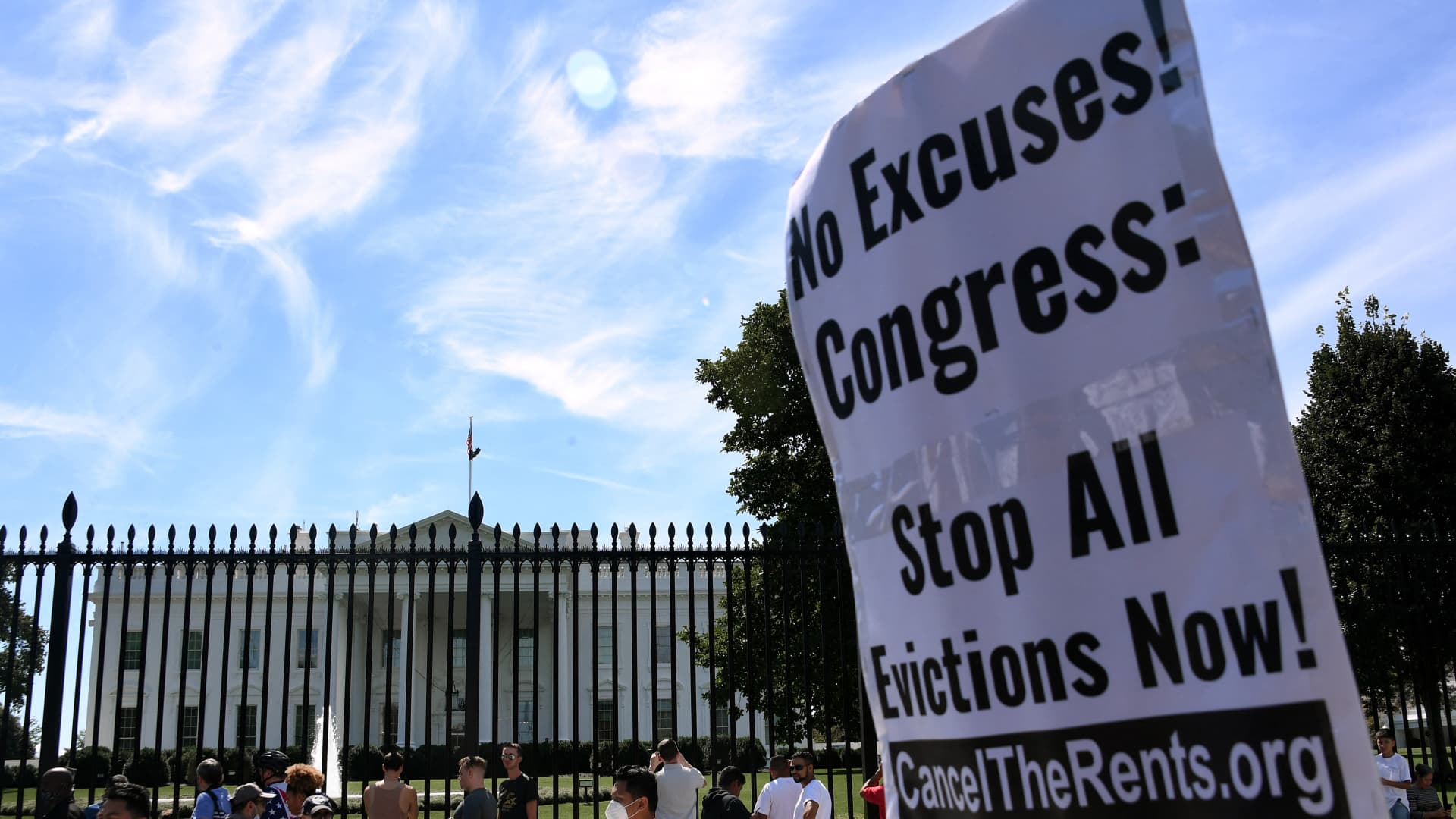Products You May Like
Billions of dollars in federal rental assistance is still available to struggling renters, though some states are running out of funds.
As a result, tenants who are behind should apply for the aid as soon as possible, experts say.
Congress allocated more than $45 billion during the pandemic to cover households’ back rent and to help families avoid eviction.
By the end of March, more than $15 billion had not been spent yet, according to the U.S. Department of Treasury.
Here’s what you need to know about accessing the remaining relief.
Where do I request the aid?
The National Low Income Housing Coalition has a state-by-state list of the more than 500 organizations giving out the federal money.
The Consumer Financial Protection Bureau also has a new online tool to help you apply for the aid.
Who qualifies?
To be eligible, at least one member of your household has to qualify for unemployment benefits or attest in writing that they’ve lost income or incurred significant expenses due to the pandemic. You’ll also need to demonstrate a risk of homelessness, which may include a past-due rent or utility notice.
In addition, your income usually can’t exceed 80% of your area’s median income. Some states have been directed to prioritize applicants who fall at 50% or lower, as well as those who’ve been out of work for 90 days or longer.
How much could I get?
You could receive between 12 months and 18 months of rental assistance, including a mix of payments for back and future housing payments.
If you’ve already received rental relief but are behind once more, you can typically apply again as long as you’re requesting coverage for a different period of time.
The money usually goes to your landlord, unless they refuse to comply. If you run into that problem, you can (and should) ask the program if you can get the funds directly, advocates say.
I’m worried about eviction. What should I do?
If your landlord has moved to evict you, try to get a lawyer as soon as possible, experts say.
You can find low-cost or free legal help with an eviction in your state at Lawhelp.org.
In some places, including Washington state, Maryland and Connecticut, tenants facing eviction now have a right to free representation.
In addition, just applying for rental assistance in some areas may temporarily pause any eviction proceeding against you, and you should ask the program you applied to or a lawyer about your rights.
Are you struggling to get approved for rental assistance? If you’re willing to share your story, please email me at [email protected]
